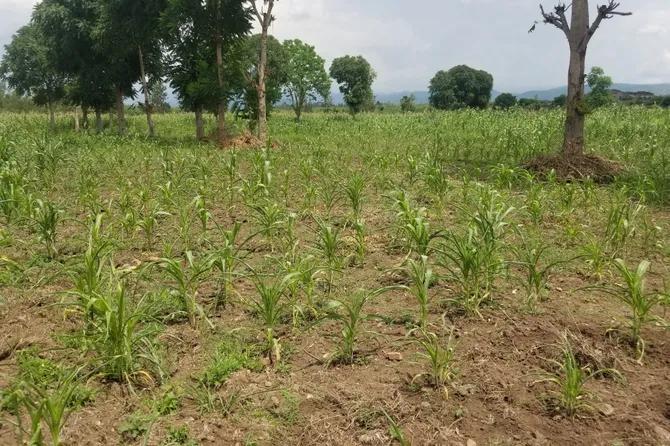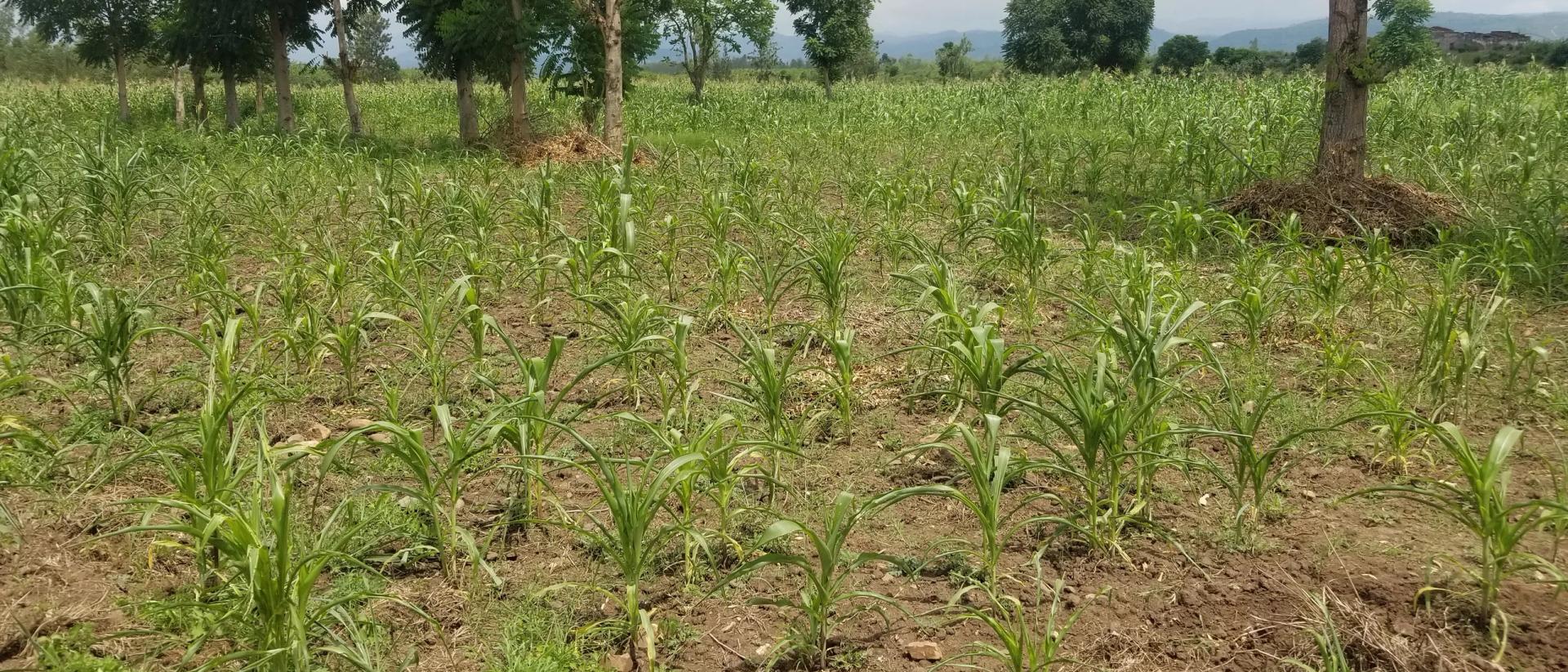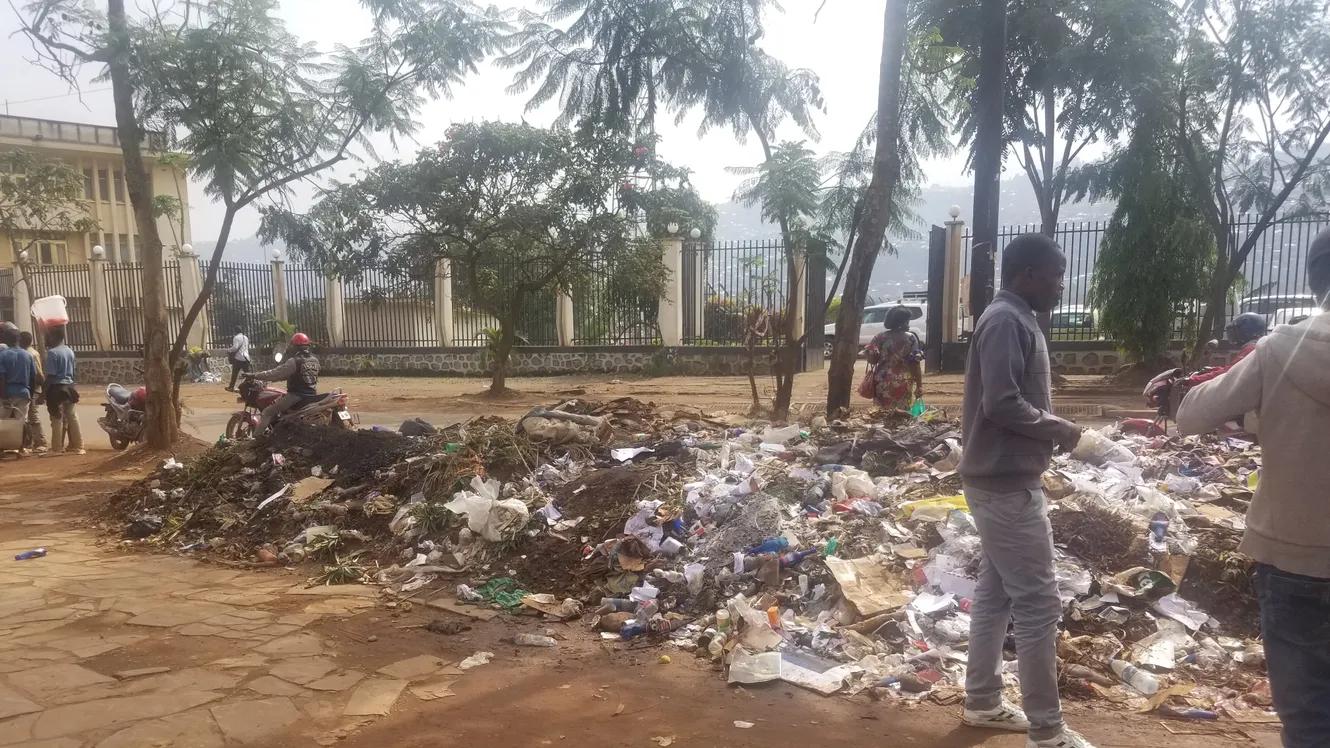Benin
Health
Training dogs to detect breast cancer, a method for screening disadvantaged women in Benin
Impact
News and Insights
The Congolese SME SAUK has developed a model for the production, distribution and delivery of organic fertilizers in the Kivu region of the Democratic Republic of Congo, in order to increase productivity, farm income and promote sustainable agriculture. SAUK also provides targeted training to ensure optimal adoption and use by farms.
Project ported by:


The Kivu region in the east of the Democratic Republic of Congo (DRC) is home to more than 15% of the country’s population, 80% of whom depend on agriculture for their livelihood. The region is highly dependent on subsistence agriculture while being very vulnerable to the effects of climate change.
In this highly constrained context, the lack of access to efficient agricultural production practices, as well as to fertilizers whose application methods are mastered, could have negative impacts on the populations and on food security, as well as lead to issues of an ecological nature of democratic governance.

A social enterprise launched in 2017, SAUK proposes to introduce a local model of organic fertilizer production, based on 3 pillars:
The beneficiaries of the intervention will be small-scale farmers in the South Kivu region and the households that depend on them, who are currently struggling to make a living from fields whose productivity does not allow them to generate more than €1.7 per day. The project is lead in partnership with the Evangelical University in Africa (UEA), whose laboratories will be used for fertilizer production and soil studies.
The production and delivery of 100 tons of fertilizer will benefit nearly 300 small agricultural units, whose owners will also be trained in production techniques and the use of organic fertilizers. In the short term, this project aims to increase farm income and in the medium term, it aims to promote sustainable agriculture.
Projects
Projects funded by FID